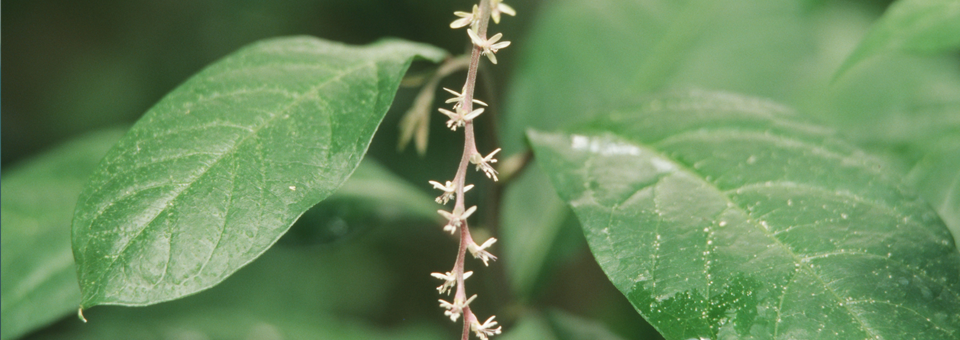There’s a simple reason most cancers strike in middle age.
That’s the stage in life when your immune system starts to weaken. It starts to lose its ability to recognize and eliminate “foreign” microbes and chemicals in your body, including cancer.
But a weakened immune system doesn’t just cause cancer.
The disease depletes your body’s defenses even further. In most people with cancer, their immune response isn’t strong enough to do much good.
And while chemotherapy can kill cancer cells, it inflicts further damage on your immune system.
When you’re young, your immune system is continually activating stem cells that develop into immune cells — like cancer-killing T cells, B cells and NK (Natural Killer) cells.
NK cells are your body’s foot soldiers for fighting cancer and studies show that the fewer of these killer cells you have, and the less active they are, the worse your prognosis.1
Conversely, studies also show that by ratcheting up your immune system, you can fight cancer.
Bulletproof Your Immune System At Home With These 2 Herbs
There are certain herbs to boost the levels of cancer-fighting immune cells. Three of the most powerful are:
- Anamu: This South American herb contains a rare molecule called dibenzyl trisulphide (DTS), which exists in no other plant species.
Studies show that DTS is a potent stimulator of T helper cells, which act as a supercharger of T cells to boost your body’s immune responses.2 In one study, anamu also increased the number of NK cells by 100%.3
You can buy dried anamu leaves online or in health food stores to make a tea. Or you can take the herb as a capsule. I recommend 500 mg to 1,000 mg per day in divided doses. - Curcumin: Multiple studies reveal that curcumin is now known to target 10 separate factors that can lead to cancer.
A recent study published in the journal, Anticancer Research, showed that curcumin targets cancer stem cells — the young malignant cells that grow into tumors — but leaves normal, healthy stem cells untouched.4I recommend a curcumin supplement that contains piperine, a black pepper extract that supercharges curcumin’s absorbency.
I recommend dosages of 1,000 mg.
To Your Good Health,

Al Sears, MD, CNS
1. Klanova M, et al. “Prognostic impact of natural killer cell count in follicular lymphoma and diffuse large b-cell lymphoma patients treated with immunochemotherapy.” Clin Cancer Res. 2019;25(15):4634-4643.
2. Williams LA, et al. “A critical review of the therapeutic potential of dibenzyl trisulphide isolated from Petiveria alliacea L (guinea hen weed, anamu).” West Indian Med J. 2007;56(1):17-21.
3. Jovicevic, L, et al. “In vitro antiproliferative activity of Petiveria alliacea L., on several tumor cell lines.” Pharmacol Res. 1993;27(1):105-106.
4. Sordillo PP and Helson L. “Curcumin and cancer stem cells: curcumin has asymmetrical effects on cancer and normal stem cells.” Anticancer Res. 2015;35(2):599-614.

